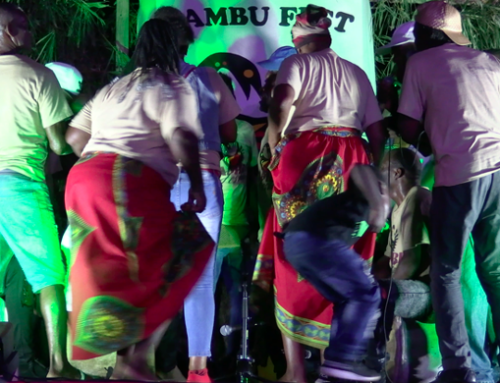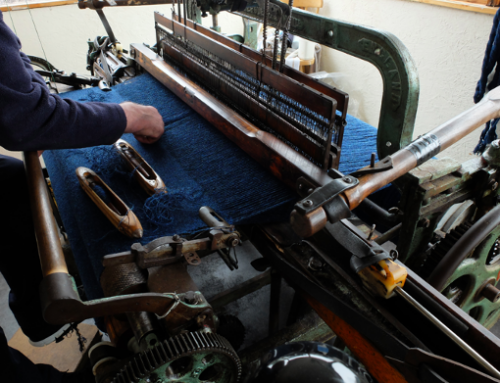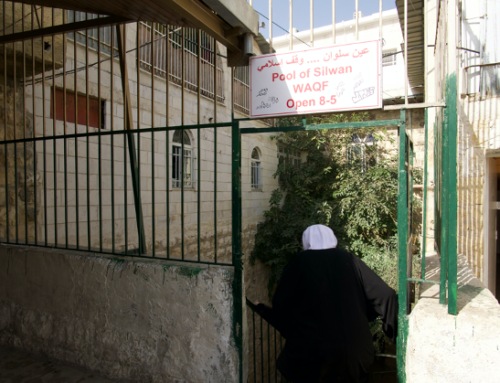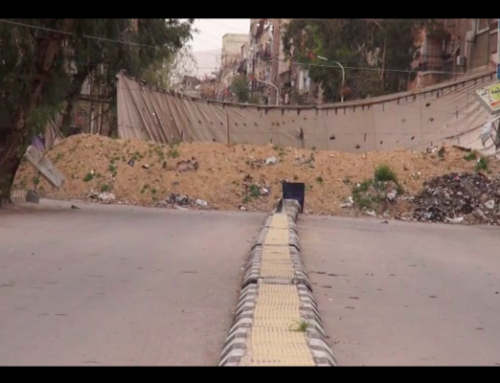What do anthropologists mean when we talk about the present? In 2024 we may think we know. Even as we have turned to haunting pasts and menacing futures, our methodological conventions and political commitments tend to center the present as our distinctive temporal domain. We probed the problems of the ethnographic present decades ago. But as this collection shows, the present is far from settled—ethnographically, conceptually, methodologically. From water politics in Palestine, to revolutionary praxis in Myanmar, to disaster preparedness in Japan, these essays ask what happens when the present becomes an object of direct reflection and contention, for anthropologists and interlocutors alike. What emerges is not just a present—as moment and mood—fractured and unsettled by crisis and inequality, but also new modes of anthropological presence to problems of the here and now.
Collection cover image: Paul Cezanne’s “Still Life with Skull (Nature morte au crane),” 1895-1900. Currently held by the Barnes Foundation, Merion, Pennsylvania. Image courtesy of artchive.com.
by Timothy P.A Cooper, Michael Edwards, and Nikita Simpson
by Chika Watanabe
by Geoffrey Rathgeb Aung
by Kelly Fagan Robinson
by Charis Boutieri
by Anthony Pickles
by Stefan Tarnowski
by Emilie Glazer
by Joana Nascimento
by Deborah A. Thomas




